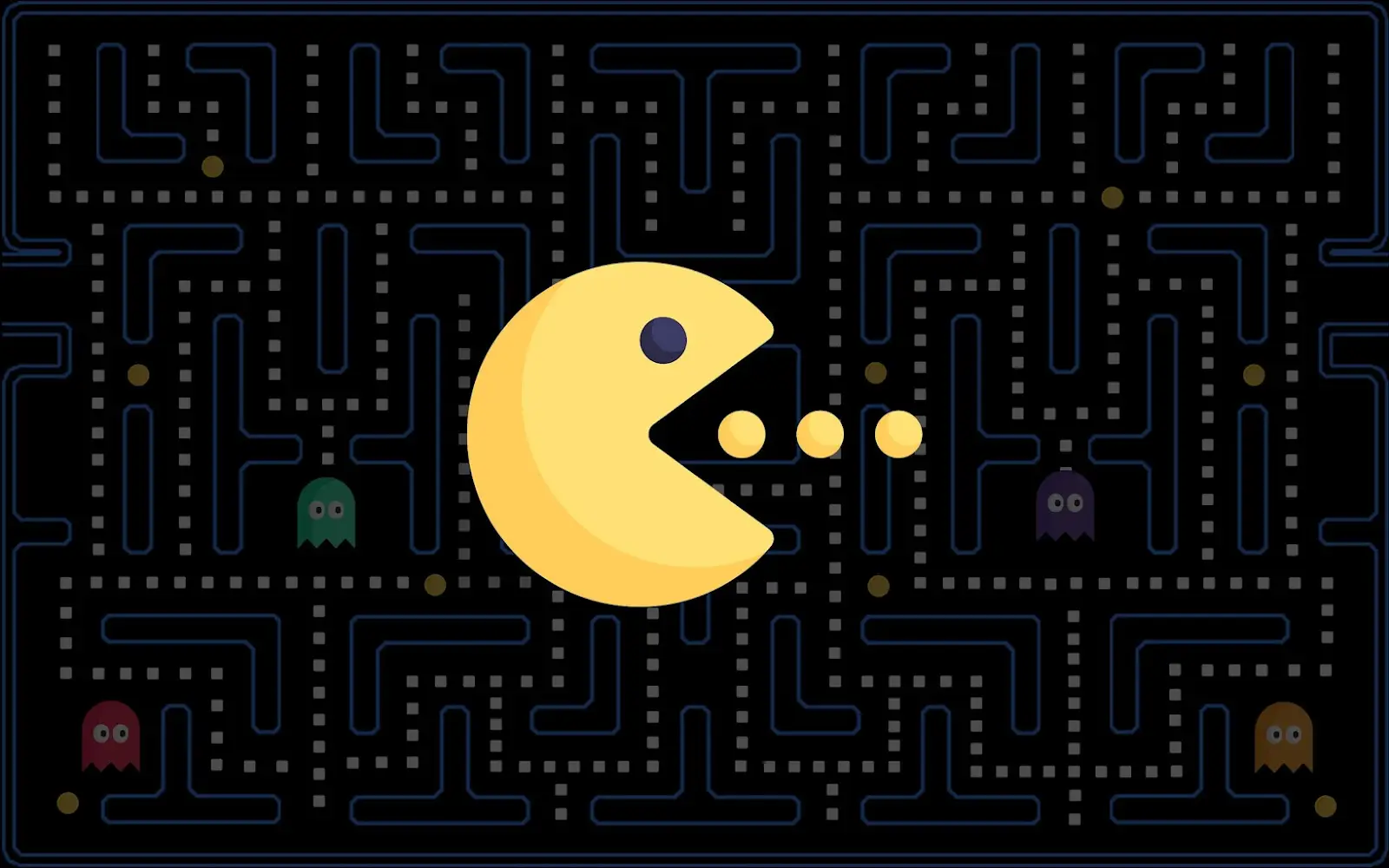The arcade genre is not disappearing from the radar. It undergoes platform changes, trends, and visual styles, but retains the main thing — instant engagement. No lengthy tutorials, no heavy interfaces, no logic overload. A selection of interesting arcade games does not require delving into mechanics — it presents it on an intuitive level. It’s all about pace, reaction, drive, and the pleasure of a short round.
Explosive scenes, tight timings, tension — this is how modern projects work. Maintaining rhythm replaces the plot, and pace creates drama. A selection of interesting arcade games is often built around projects where reaction is more important than tactics, and the visual style emphasizes energy:
Old projects do not give up their positions — they are reborn. A selection of interesting arcade games cannot ignore the titans of the past that shaped the genre:
Such projects not only revive interest. They remind us: an arcade works when control responds instantly, and reaction replaces strategy.
Arcade mechanics are not limited to a single platform. A selection of interesting arcade games today covers PC, consoles, mobile devices. The reason — simplicity, scalability, and ease of launch.
Differences:
Platforms define style but do not change the essence. A selection of interesting arcade games is always built around the moment — one jump, one maneuver, one timing.
A selection of interesting arcade games covers the entire spectrum — from rhythmic actions to visual platformers, from physical simulations to musical puzzles. The main thing is not the genre but the impulse that the project evokes in the first few seconds.
What to play when you want to change the pace:
A rhythm puzzle — Melatonin. Here, the player doesn’t solve logical tasks but finds the sound, syncs with the animation, gets into the beat. Interface simplicity combines with depth of delivery.
Tactical arena — JoJo’s Bizarre Adventure: Eyes of Heaven. Japanese aesthetics, combo mechanics, paired strikes, and arcade dynamics. Each character is unique in pace, each battle is a mini-spectacle.
Space raid — Space Rangers 2: Dominators (arcade mode). Despite the genre mix, the arcade segment of this game stands out: flyovers, shootouts, fast navigation. A case where strategic world meets dynamics.
Madness of angles — Geometry Wars 3. Levels are spheres, cubes, cylinders on which a ship moves, shooting neon enemies. Space acts as an enemy: visual noise, constant movement, tension build-up.
Modern arcades work like energy drinks — they activate instantly, require no warm-up. Projects fit any state — from overexcited to tired. There is no loading with meaning, but there is intensity in the moment. Mechanics are designed for repetition. The player does not get punished for a mistake — only the opportunity to try again. That’s why arcade games create a light addiction. It’s simple: press — lose — restart — pass.
Examples:
Arcade is not a genre. It’s a way of presentation. Therefore, a selection of interesting arcade games may include platformers, racing, tactics, and even rhythm projects. You can distinguish an arcade by three signs:
Immediate feedback. Every press yields a result. No intermediate calculations. Everything is felt with the body: jump — land, press — hit.
Increasing complexity. Arcade never explains. It throws a challenge. The player learns through failure. Each level offers more enemies, faster pace, less time.
Clear gameplay cycle. Quick entry, short round, instant exit.
Arcade lives in the moment. It requires no contemplation but gives a sense of victory. A selection of interesting arcade games is not just a list of titles. It’s a slice of emotions, reactions, and adrenaline. Each project provides its impulse: timing is needed somewhere, precision elsewhere, and just persistence in another place. The genre remains relevant because it offers a clear emotion — joy of action.

In the early 80s, arcade machines exploded in popularity in the world of video games, and it was at this point that the game Pac-Man appeared on the scene. Not only did it immediately catch the attention of gamers, but it also became a symbol of an entire era. This classic arcade game is extremely …

Arcade games remain an integral part of PC gaming, showcasing a rare combination of simplicity and excitement. Their main strength lies in their instant engagement, low barrier to entry, and high-paced gameplay. The genre continues to evolve, introducing new mechanics and visual styles while maintaining its classic spirit. Today, popular PC arcades are not just …